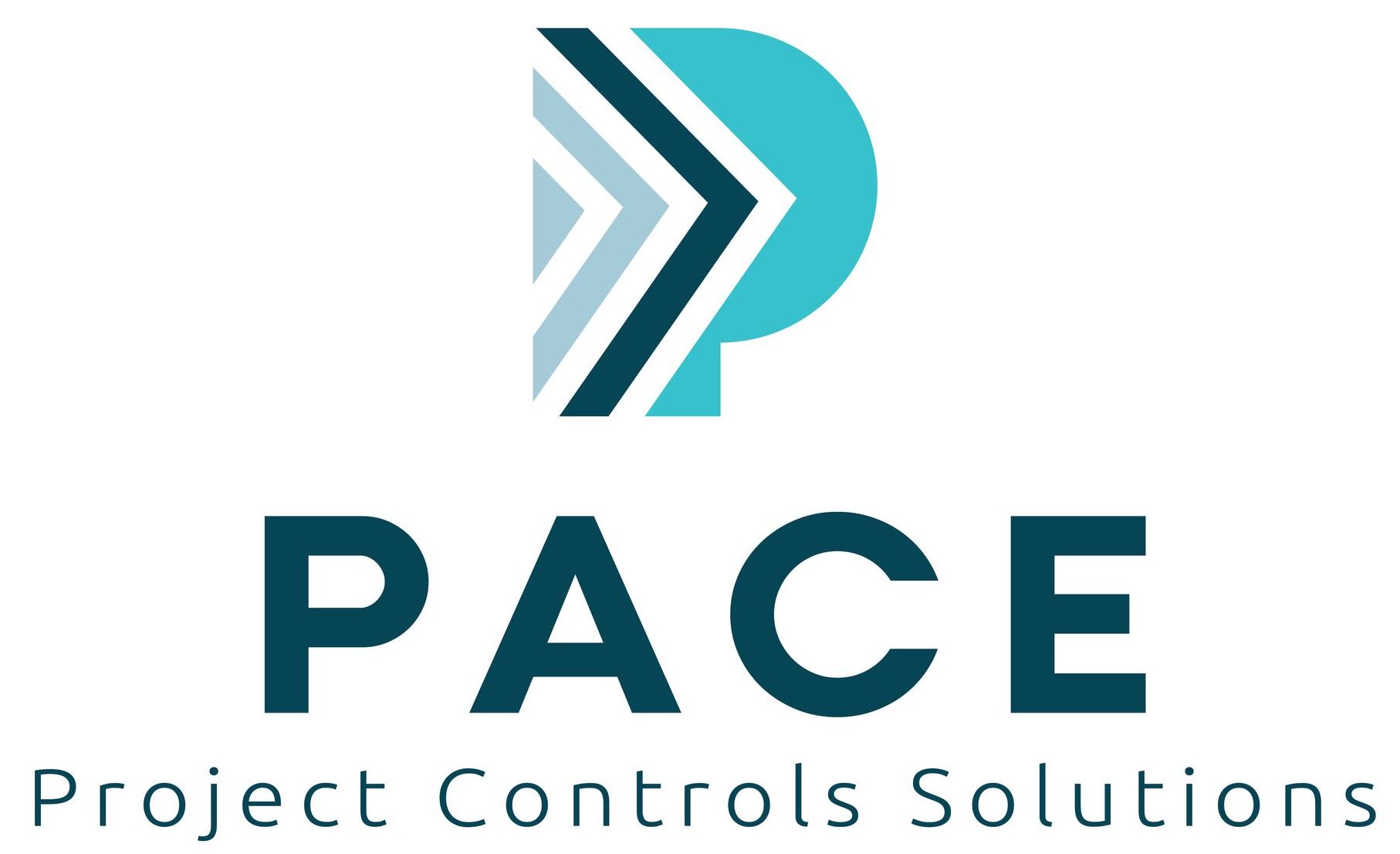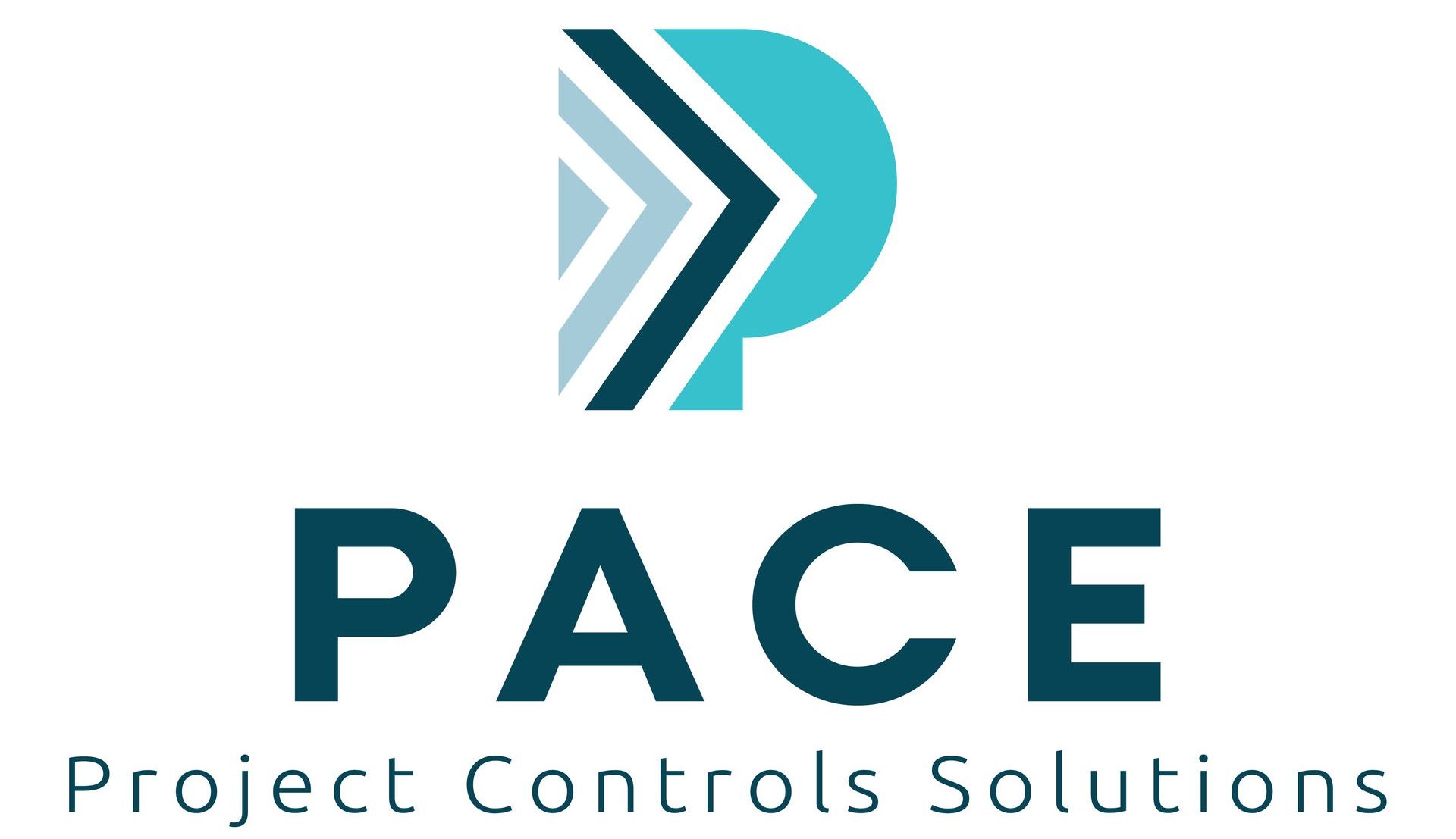Top Skills to look for when hiring Project Controls candidates
When hiring project controls candidates, selecting individuals with the right mix of skills is essential for the successful execution of projects. Project controls play a vital role in managing costs, schedules, risks, and resources. Candidates in this field must possess a combination of technical expertise, analytical skills, and interpersonal abilities. Here are the top skills to look for in project controls candidates:
1. Technical Proficiency
Technical proficiency is at the heart of project controls. Candidates should be adept with various software tools and systems used for project management, scheduling, and cost control. Key technical skills include:
- Proficiency in Software Tools: Familiarity with industry-standard software like Primavera P6, Microsoft Project, and Asta Powerproject is essential. These tools are critical for planning, scheduling, and tracking project progress.
- Data Analysis and Reporting: Candidates should be capable of analysing complex data sets and generating insightful reports. Experience with data analysis tools such as Excel, Power BI, and Tableau is advantageous for visualising project performance and trends.
- Understanding of Project Management Methodologies: Knowledge of methodologies such as Agile, Waterfall, and Lean can enhance a candidate’s ability to adapt project controls processes to different project environments.
2. Financial Acumen
A strong understanding of financial principles is crucial for effective project controls. Candidates should possess skills in:
- Budgeting and Cost Management: The ability to develop, monitor, and control project budgets is essential. Candidates should be skilled in forecasting costs, analysing variances, and implementing corrective actions.
- Financial Modelling and Forecasting: Experience in financial modelling allows candidates to predict project outcomes and make informed decisions. This includes proficiency in cash flow analysis and understanding key financial metrics such as ROI and NPV.
- Risk Management: Candidates should be able to identify, assess, and mitigate financial risks that could impact project success. This involves understanding risk management frameworks and implementing risk response strategies.
3. Communication Skills
Effective communication is vital in project controls, as candidates need to interact with various stakeholders, including project managers, team members, and clients. Essential communication skills include:
- Clear and Concise Reporting: The ability to present complex information in a clear and concise manner is crucial. Candidates should be skilled in creating reports and presentations that effectively communicate project status and performance.
- Stakeholder Engagement: Building strong relationships with stakeholders is essential for project success. Candidates should demonstrate the ability to listen actively, understand stakeholder needs, and address concerns effectively.
- Negotiation and Conflict Resolution: The capacity to negotiate and resolve conflicts is important for maintaining positive working relationships and ensuring project objectives are met.
4. Problem-Solving and Critical Thinking
Project controls professionals often encounter challenges that require innovative solutions. Candidates should possess strong problem-solving and critical thinking skills, including:
- Analytical Thinking: The ability to analyse complex problems, identify root causes, and develop effective solutions is crucial. Candidates should be comfortable working with large data sets and using analytical tools to drive decision-making.
- Creativity and Innovation: The capacity to think outside the box and develop creative solutions is valuable for overcoming project challenges and improving processes.
- Attention to Detail: A keen eye for detail is essential for identifying potential issues and ensuring project data accuracy and integrity.
5. Leadership and Teamwork
Leadership and teamwork skills are essential for project controls candidates, as they often work in dynamic environments that require collaboration and coordination. Key skills include:
- Team Collaboration: The ability to work effectively within a team is crucial for achieving project goals. Candidates should demonstrate a collaborative mindset and a willingness to support team members.
- Leadership and Decision-Making: Candidates should possess leadership qualities that enable them to guide teams, make informed decisions, and drive project success.
- Adaptability and Resilience: The capacity to adapt to changing circumstances and remain resilient in the face of challenges is vital for navigating the complexities of project environments.
6. Industry Knowledge and Experience
In addition to technical skills, candidates should have a strong understanding of the industry in which they operate. This includes:
- Industry-Specific Knowledge: Familiarity with industry standards, regulations, and best practices is important for ensuring compliance and optimising project performance.
- Experience in Relevant Sectors: Candidates with experience in sectors such as construction, engineering, or IT are often better equipped to handle the specific challenges and requirements of those industries.
- Continuous Learning and Professional Development: A commitment to ongoing learning and professional development is essential for staying current with industry trends and advancements in project controls methodologies and tools.
Conclusion
Selecting the right project controls candidates requires a comprehensive understanding of the skills that contribute to project success. Technical proficiency, financial acumen, communication skills, problem-solving abilities, leadership, and industry knowledge are all critical components to consider. By focusing on these skills, organisations can build strong project controls teams that drive efficient and successful project delivery. This approach not only enhances project outcomes but also contributes to the long-term growth and competitiveness of the organisation.
Explore
Quick Links
Join Us
Join Us
Thank you for subscribing.
We will keep you up to date with latest news and updates from Pace Global.
You can unsubscribe at any time via email to info@paceglobal.org or from our emails directly.
Please try again later.
Join Us
We will get back to you as soon as possible.
Please try again later.
© 2024 All Rights Reserved | Privacy Policy
Powered with
by Shazamme.com
Powered with
by Shazamme.com

